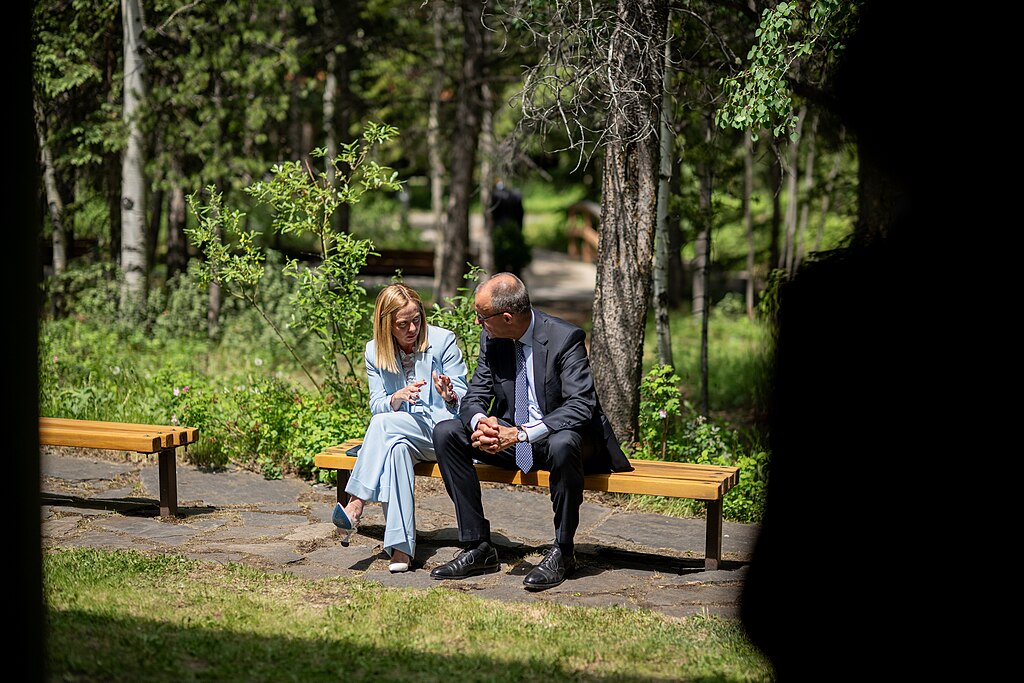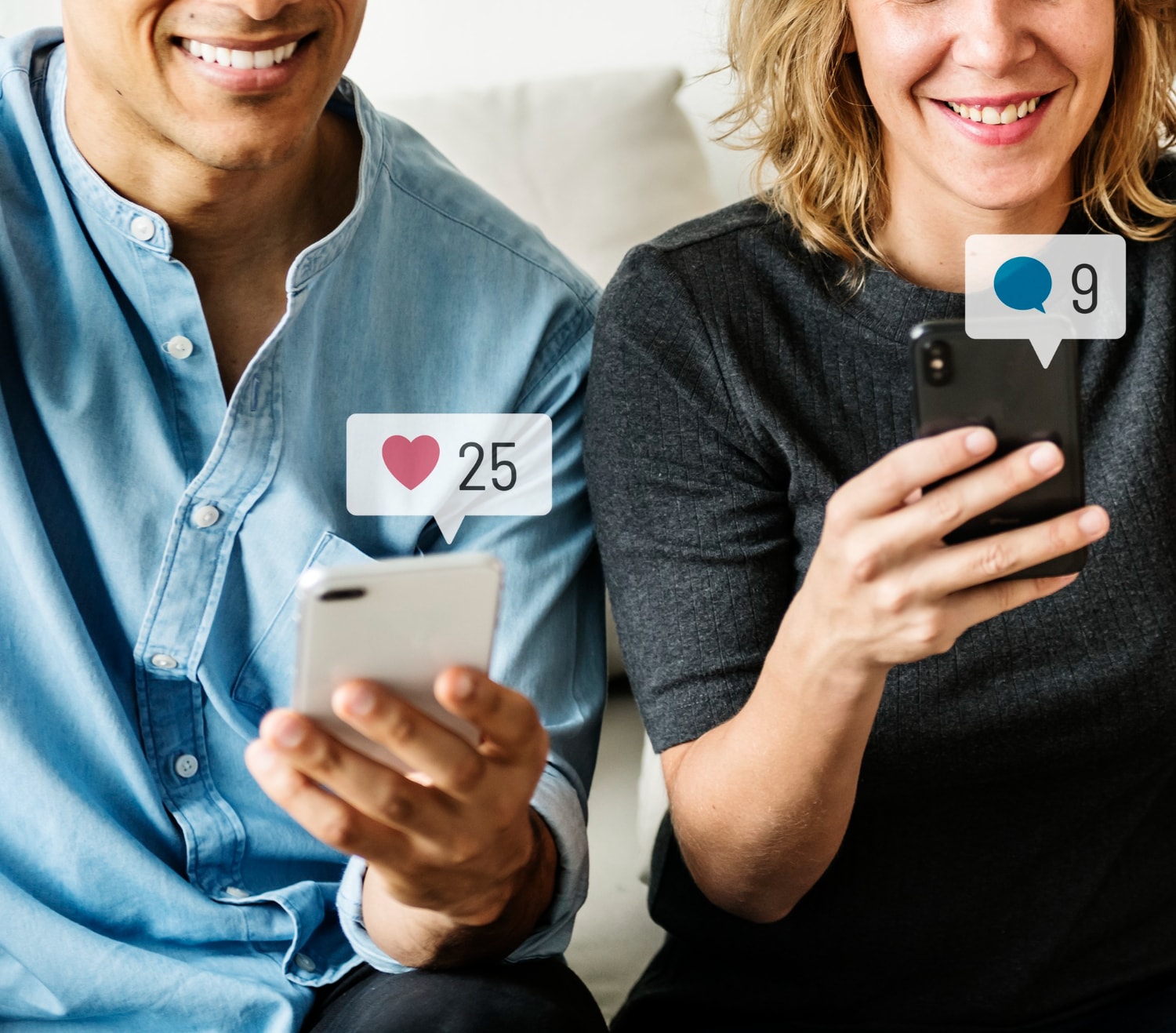By now everyone has heard of the Volkswagen scandal. Volkswagen admitted on the 18th of September that in the US alone, nearly 500,000 diesel cars’ engines had a device that could detect when they were being tested, changing the performance to improve results. For the time being, 6.5 billion euros ($7.4 billion) has been set aside to cover the costs of the scandal, but it is likely that the bill will continue to rise. The company stock has plummeted about a quarter since the admission.
News like this is not necessarily surprising. It is likely that many companies do equally corrupt things not only in the auto industry, but in all industries alike. And most likely, this is just the tip of the iceberg. Sadly for Volkswagen, humans are very emotional. If you have ever considered buying a car, then how does this news make you feel? Could you ever trust VW again? As a 25-year-old student, I have absolutely no interest in buying a car anytime soon. However, fast-forward 20 years and my life situation might be different. As I consider buying a car in the future, it will most likely not be VW. This is because I will always remember how this incident changed my perception regarding VW; what they stand for and what it means to be their customer.
The story I used to tell myself about VW was about reliability. The scandal changed this perception in an instant. When VW releases marketing campaigns for diesel cars- are we ever going to be able to trust them again? The facts and even stories on how well VW cars might fit your lifestyle pale in comparison with the feeling we get when we remember this incident. Why risk feeling disappointed again in the future? Brands are quick to vie for our loyalty, therefore once that trust is broken consumers will think twice about associating with said brand.
We are so used to living in the world where promises are broken by people trying to make a quick buck, that we can’t help but be in amazement when someone does exactly the opposite and surprises us with a product that is designed for the consumers experience through and through. Think of Apple, AirBnB and Uber that are ubiquitous in our 21st Century culture. The opportunity, then, largely lies in the company’s ability to create promises and keep them. In creating a set of expectations and then delivering. This scarcity of trust creates opportunities. We’re not scarce of resources, but we are scarce of trust. Paying closer attention to customers and their needs, wants and feelings offers the ability for businesses to become more trustworthy.
………………………………………………………………………………………………………………….
Related Articles: “THE TWO MARKETING APPROACHES OF THE 21ST CENTURY” by Antti Kaunisto
………………………………………………………………………………………………………………….Let’s take a look at this from a company’s perspective. One reason brands fail is that they don’t take a stand and communicate it. Trying to match with competitors’ moves, specs and features results in mediocre offerings. The brand is about “This is why we do what we do. We make X, so that our customers feel Y” and this ‘why’ implies trade-offs. Accordingly, this focus should be obvious in practice. Southwest Airlines, for instance, has cut off services like lounges and seating class choices in order to be best at offering low prices, fast flights and friendly service. If a brand can’t figure out where it stands and for whom, I find it hard to trust.
In today’s business landscape, it is natural to feel like your company is falling behind. But taking shortcuts to facilitate brand affinity and trust can only backfire in the long run. I think ultimately businesses and individuals that are patient will reap the rewards. The reason is that trust cannot be bought. Trust has to be earned. It comes from showing up consistently and genuinely over time and practicing what you preach. Perhaps the most exciting realization is that you do not need to be big anymore to succeed. But you do need to be trusted. We can judge brands quickly by looking at what people say about them. Using methods as simple as corporate uniforms can naturally promote a brand and project a sense of professionalism especially towards the customers.
Brands are quick to vie for our loyalty.
For the sake of simplicity, let’s look at how Apple does this both in their products and in creating an emotional need. Since the beginning, Apple’s brand has stood for beautiful, intuitive, easy-to-use products. Spanning several decades, Apple has created trust and desire in their customers by being the one company focusing on great design. Steve Jobs was obsessed about collaboration between engineering and design. Before him, this was unheard of.

They made it their mission to focus on simplicity, design and user experience and they repeated this message again and again. Most importantly, their message has not wavered. As we think of this from an emotional standpoint, it’s no wonder that Apple’s products continue to resonate with people. What happened was that Apple changed their customers into people with taste. There are computers and then in a very different category there is Apple.
What’s more, using these exceptional products makes us feel better about ourselves. We identify with brands we trust and admire and their products are symbols of this appreciation – they’re badges to wear. They are a part of who we are and also signal what kind of people we want to be. A good rule of thumb in determining what’s the next step, then, could be this: Does what we’re about to do increase or decrease trust others have on us?
Photos: pasuauy, Jeffrey, esparta, Thomas8047
















